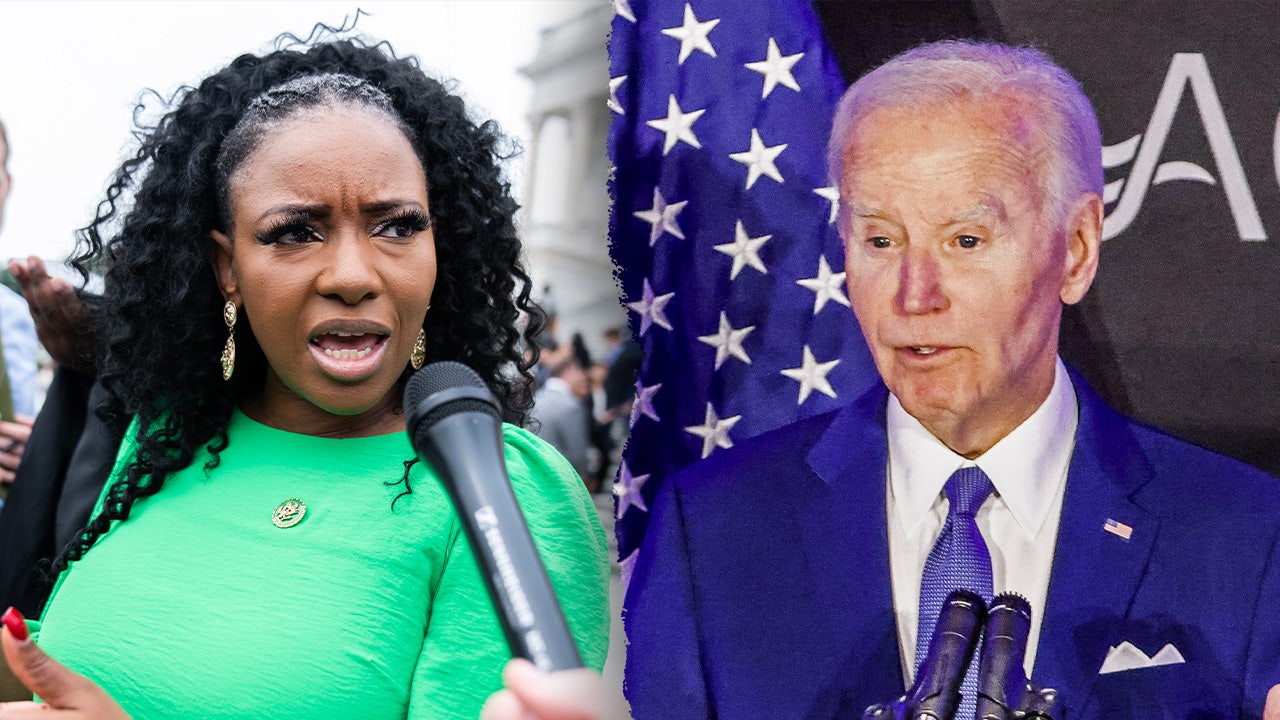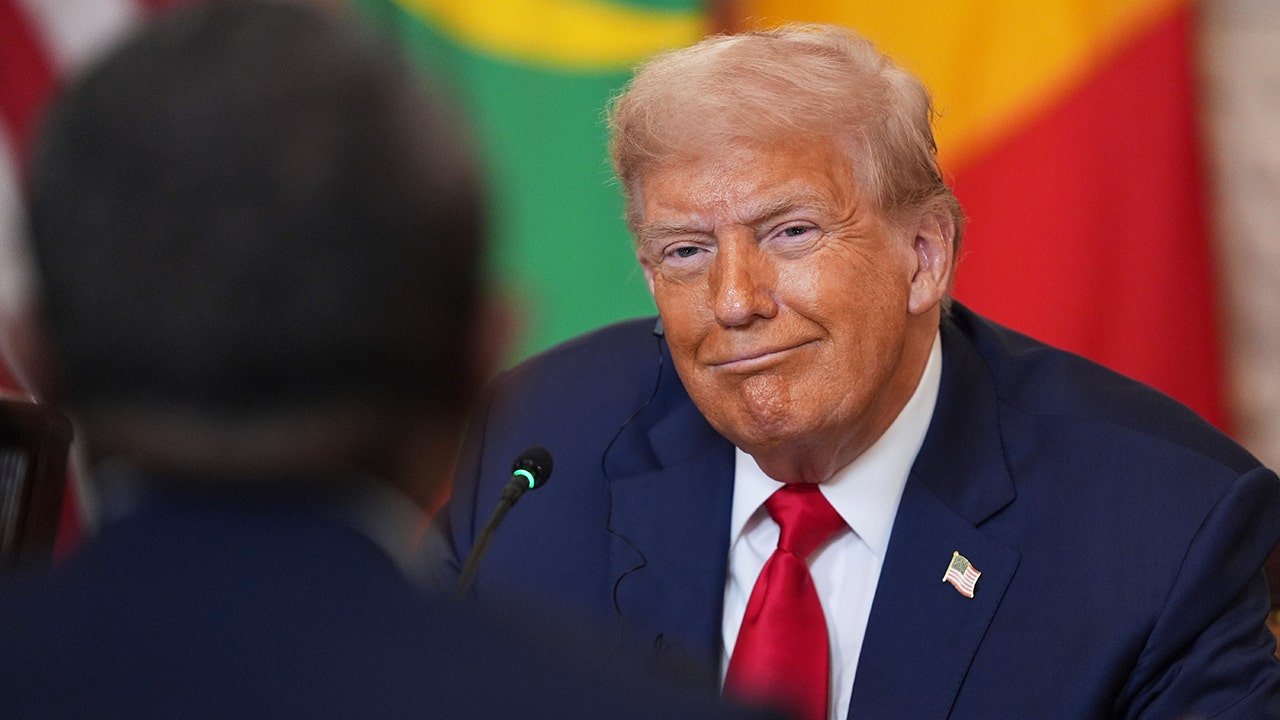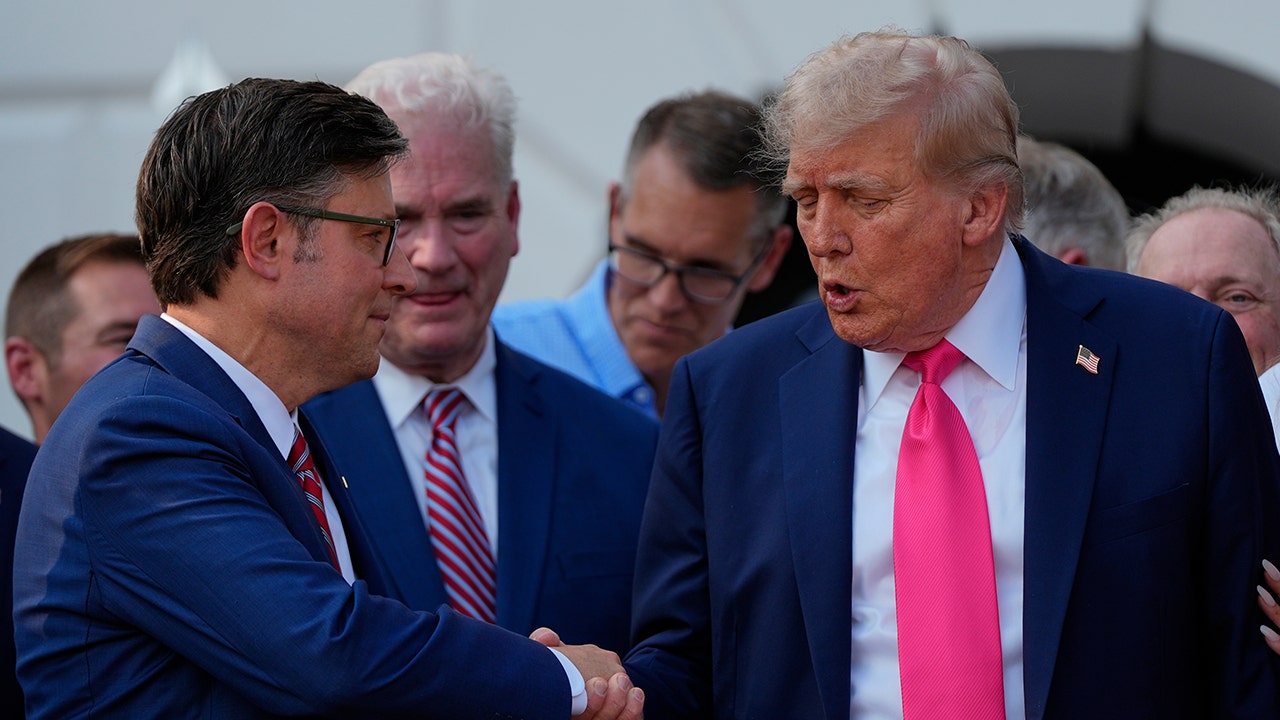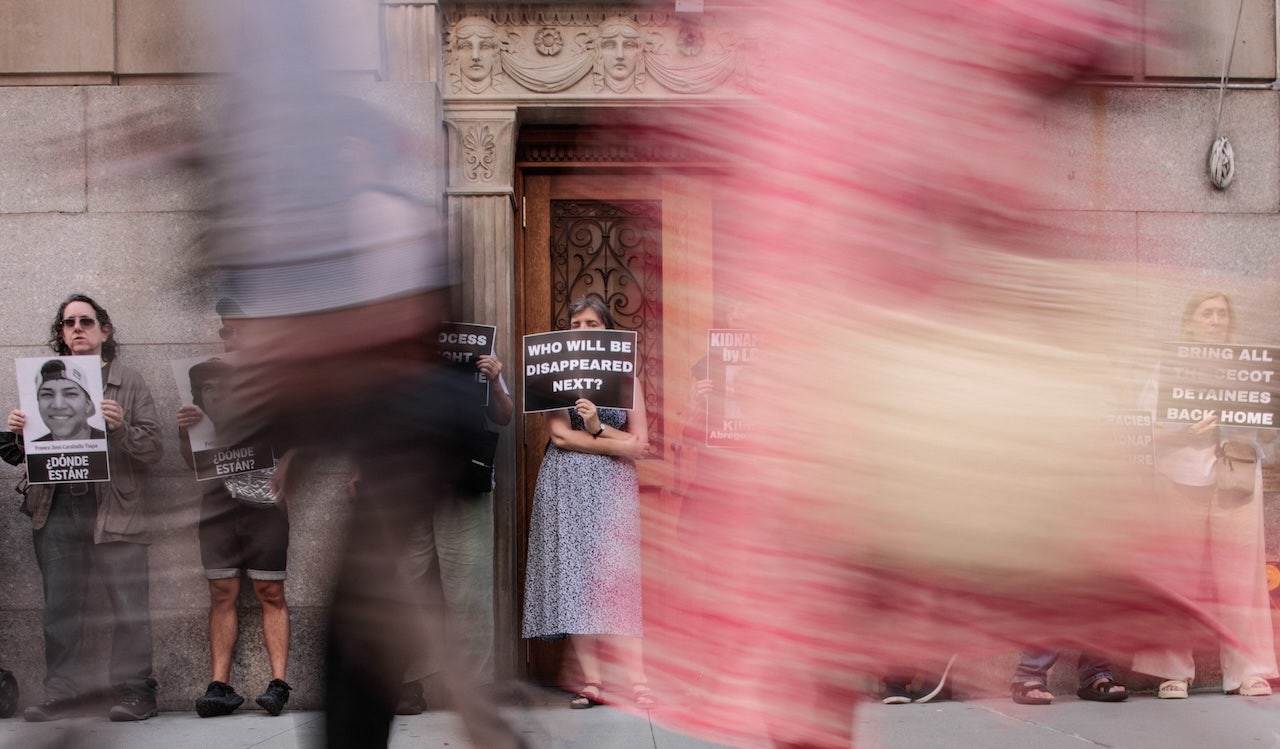The JFK files: Here’s what’s happened since their original planned release
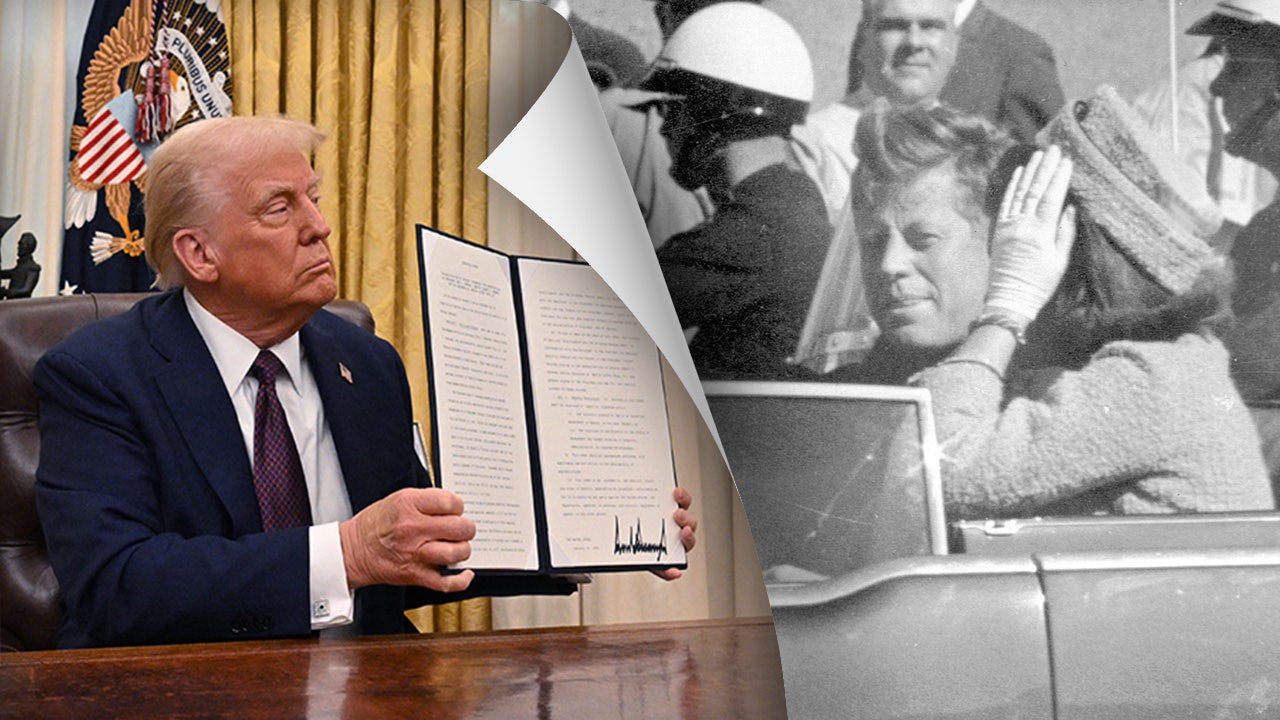
President Donald Trump has made a bold move by ordering officials to declassify files related to three of the most significant killings in U.S. history. These include the assassinations of former President John F. Kennedy, former U.S. Attorney General Robert F. Kennedy, and civil rights leader Martin Luther King, Jr. The executive order, signed last week, instructs the Director of National Intelligence and the attorney general to review the documents and present a plan for their full release within 45 days.
This decision by Trump comes after he had previously pledged to declassify the documents during his second term in office. He had promised on the campaign trail to reveal the truth behind these historic events, stating that it was time for the American people to know the reality after 60 years. However, despite previous expectations for the release of the JFK files, efforts to disclose the information had faltered.
The JFK files were expected to be made public following the passage of the John F. Kennedy Assassination Records Collection Act of 1992, which mandated their release within 25 years. Trump had initially planned to release the remaining documents during his first term but ultimately blocked their release due to concerns raised by the CIA and FBI about potential harm to national security.
Former President Joe Biden later released additional batches of documents in 2021, 2022, and 2023, with the National Archives and Records Administration concluding its review of the JFK files and making 99% of the material publicly available. Trump’s recent executive order now directs the release of all remaining records related to the JFK, RFK, and MLK assassinations, citing the public interest in knowing the truth behind these tragic events.
Robert F. Kennedy Jr., Trump’s nominee for Health and Human Services Secretary, expressed gratitude to the president for initiating the declassification process. He emphasized the importance of uncovering the truth behind these assassinations, which he believes have been shrouded in secrecy and misinformation for decades. Kennedy Jr. highlighted the broader implications of transparency in government actions, drawing parallels to subsequent crises and the erosion of democracy.
JFK’s grandson, Jack Schlossberg, offered a different perspective on the declassification news, criticizing the use of his grandfather’s legacy for political gain. He cautioned against exploiting JFK’s memory, emphasizing the need for a nuanced and respectful approach to discussing these historical events.
Overall, Trump’s decision to declassify the files on the JFK, RFK, and MLK assassinations marks a significant step towards transparency and accountability in government actions. By shedding light on these pivotal moments in American history, the public may gain a better understanding of the events that shaped the nation and the world.

